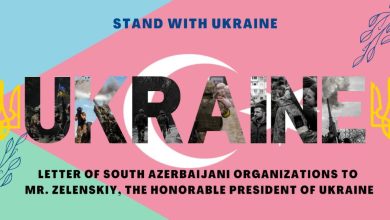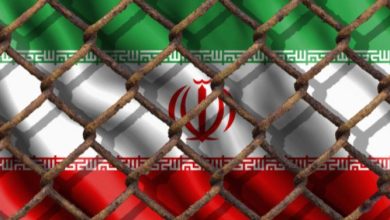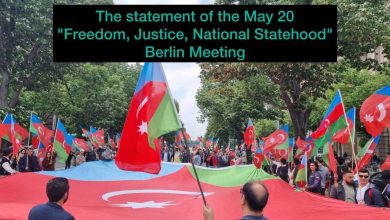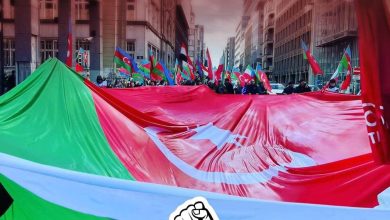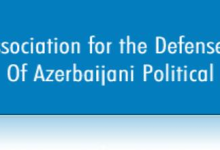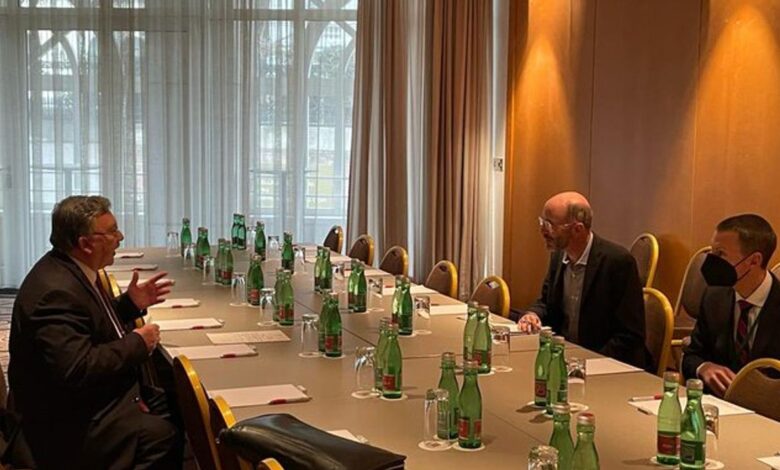
A former senior commander of IRGC has said that Iran should remove Russia from the Vienna nuclear talks “completely” and directly deal with the United States.
“The nuclear issue is a matter between Iran and the United States”, said Brigadier General Hossein Alaei, the former chairman of the IRGC joint staff (1997-2000) and commander of Iranian navy (1985-1990), in an interview with Eco Iran internet TV channel Sunday.
He insisted that Iran must completely remove Russia and other “middlemen” – the European troika consisting of France, Germany, and Britain — from the talks to restore the 2015 nuclear deal, Joint Comprehensive Plan of Action (JCPOA).
“Now, it’s Russians who are responsible at least for the interruption of the talks, it’s Russians who don’t want issues between Iran and the US to be resolved,” he said, arguing that Russia finds the resolution of hostilities between the two countries against its own interests in the same way that the United States does not want Iran to be close to Russia.
Russia tried earlier this month to extract some concessions from the US over Ukraine sanctions amid the Iran talks.
Negotiations in Vienna which started in April 2021 were paused earlier this month despite all sides suggesting that the process had reached its “final stages” and expressing optimism that a deal could be struck soon.
Russian chief envoy in Iran nuclear talks Mikhail Ulyanov meeting with US envoy Rob Malley. December 29, 2021
Russian chief envoy in Iran nuclear talks Mikhail Ulyanov meeting with US envoy Rob Malley. December 29, 2021
“Why should the Russians come and go between Iran and the US in the JCPOA talks? Do we trust them more than we trust ourselves? Why don’t we [directly] talk with the Americans?” Alaei accused Russia of betraying Iran “throughout history.”
Lack of direct contact between Iranian and American negotiators has complicated the talks as the two sides only communicate through the EU’s deputy foreign policy chief and coordinator in talks, Enrique Mora and exchanging “non-papers”.
Mora arrived in Tehran Saturday evening, apparently to resolve the current impasse, where both Iran and the US say the other side is responsible for a decision to make a deal possible. He met with the Iranian Foreign Minister Hossein Amir-Abdollahian and top negotiator Ali Bagheri-Kani Sunday and is expected to head to Washington to convey Iran’s message and to discuss the situation with US officials.
“The lack of [the ability to make] a political decision on the part of the United States to remove the sanctions that are tied to economic interests of the Iranian people is the [only] existing obstacle hindering achievement of a final outcome [in the talks],” Amir-Abdollahian said in his meeting with Mora. “Political decision” supposedly refers to a decision to remove Iran’s Revolutionary Guard from the US list of Foreign Terrorist Organizations.
Iran’s chief nuclear negotiator Bagheri-Kani told Mora that the US needs to act “realistically” to make a deal possible.
The EU has not yet made any comments about the outcome of Mora’s talks with Iranian officials.
In a televised interview Saturday Amir-Abdollahian also hinted that Iran was not happy with Russia’s recent attempts to take advantage of the nuclear talks.
Amir-Abdollahian said China and Russia “stand by a [possible] agreement” but added, without any elaboration, that he had told the Russian Foreign Minister Sergei Lavrov that Iran would not “wait for any of the sides [in the Vienna talks if they delay an agreement].”
Earlier this month, Alaei called the Russian President Vladimir Putin “a dictator” and his attack on Ukraine a “disgrace”. Iran’s top officials including Supreme Leader Ali Khamenei and President Ebrahim Raisi have subtly expressed support for the Russian invasion of Ukraine blaming the United States for the crisis.


